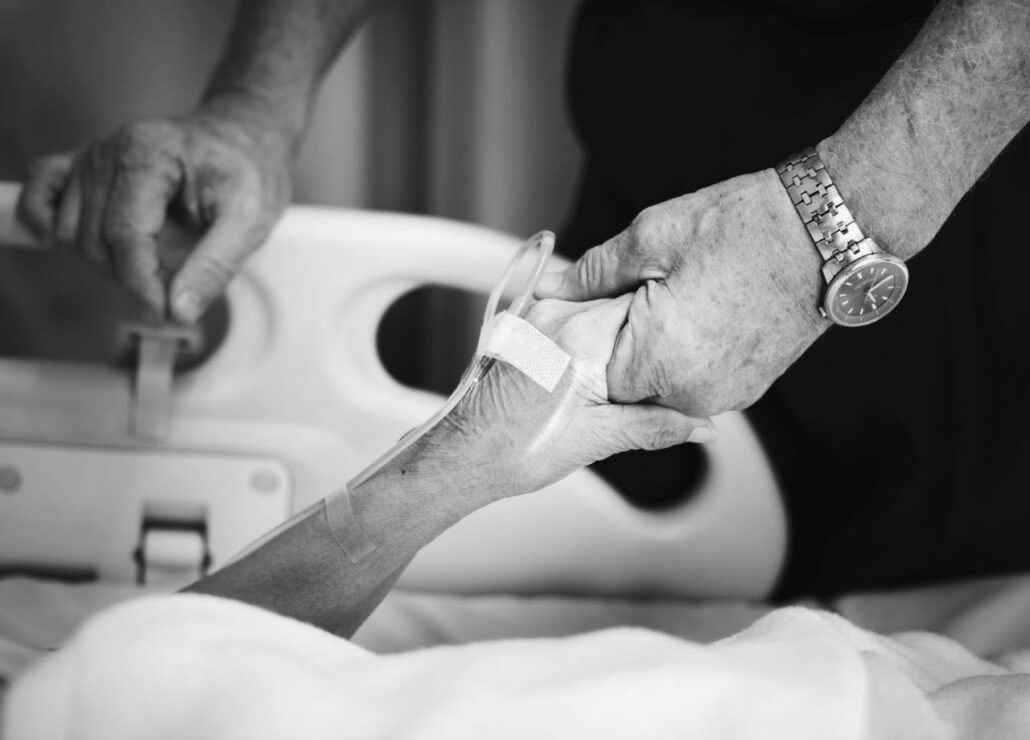
Breast cancer has become the leading cancer among women and the primary cause of cancer-related deaths in the reproductive age group, according to doctors.
In an exclusive interview with the news agency—Kashmir News Observer (KNO), Dr Shabnam Bashir, a leading onco-surgeon in Kashmir called for early detection and lifestyle modifications.
Dr Shabnam, who is specially trained in breast and colorectal cancer surgeries, said there is an alarming rise in breast cancer cases and that nearly 60% of women seek treatment at advanced stages due to a lack of awareness. She described cancer as a modern epidemic, saying approximately 2 million new cases are being diagnosed worldwide each year and over 1 million deaths occur due to cancer.
Quoting the Indian Council of Medical Research (ICMR), Dr Shabnam Bashir projected a 12% increase in cancer cases over the next five years. She warned that these estimates may be conservative due to insufficient population-based cancer registries in India.
Globally, 2.3 million new breast cancer cases are reported annually, with India accounting for about 10% (around 223,000 cases) and resulting in approximately 100,000 deaths each year. The Kashmir state cancer registry indicates a recent 5% increase in breast cancer cases in the region.
Dr Bashir said this rise is due to lifestyle changes, urbanisation, food adulteration, pollution, radiation, chemicals in cosmetics, and stress. While increased awareness may lead to higher diagnosis rates, it also contributes to the overall rise in cancer incidence, she added.
According to the Regional Cancer Registry for Kashmir (2014-2016), 5,336 new breast cancer cases were registered at SKIMS, Soura, equating to about five new cases daily in the hospital. Data reveals that Srinagar district has the highest incidence, followed by Baramulla.
Dr Shabnam said that currently, 1 in every 28 Indian women is at risk of developing breast cancer, with urban women facing a higher risk (1 in 22) compared to rural women (1 in 60). “There is a need to address modifiable risk factors such as smoking, sedentary lifestyles, obesity, and unhealthy diets, alongside non-modifiable factors like age and family history,” she stressed.
Worryingly, breast cancers in India are occurring a decade earlier than in Western countries. There has been a notable increase in young-age breast cancer and more aggressive types such as Triple Negative Breast Cancer (TNBC).
The onco-surgeon called for creating mass awareness through public-private partnerships and collaborations to encourage early medical intervention. “While advancements have been made in cancer treatment, there is an urgent need for a focus on preventive oncology to reduce cancer incidence and alleviate the burden on healthcare systems,” she added—(KNO)




